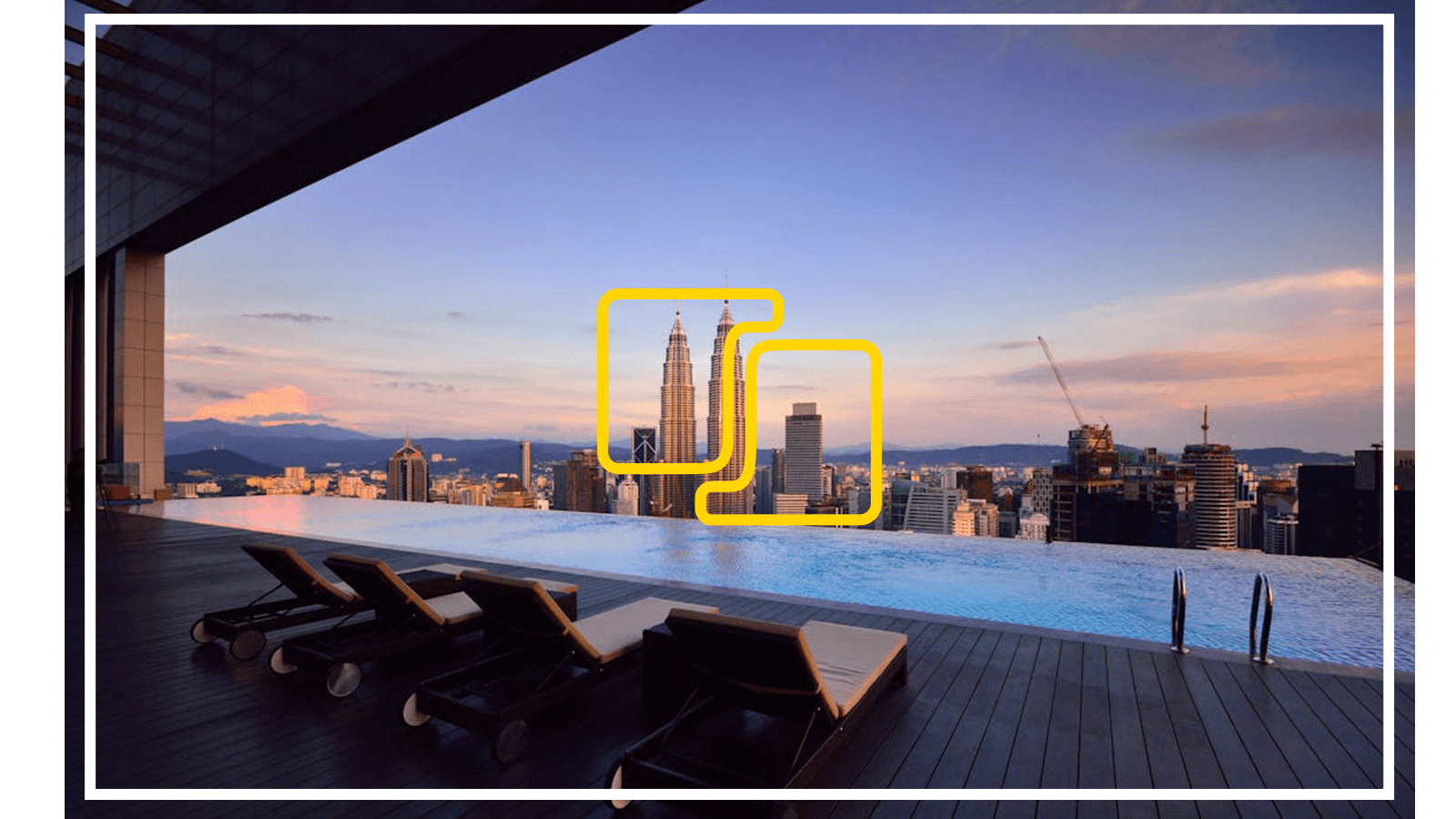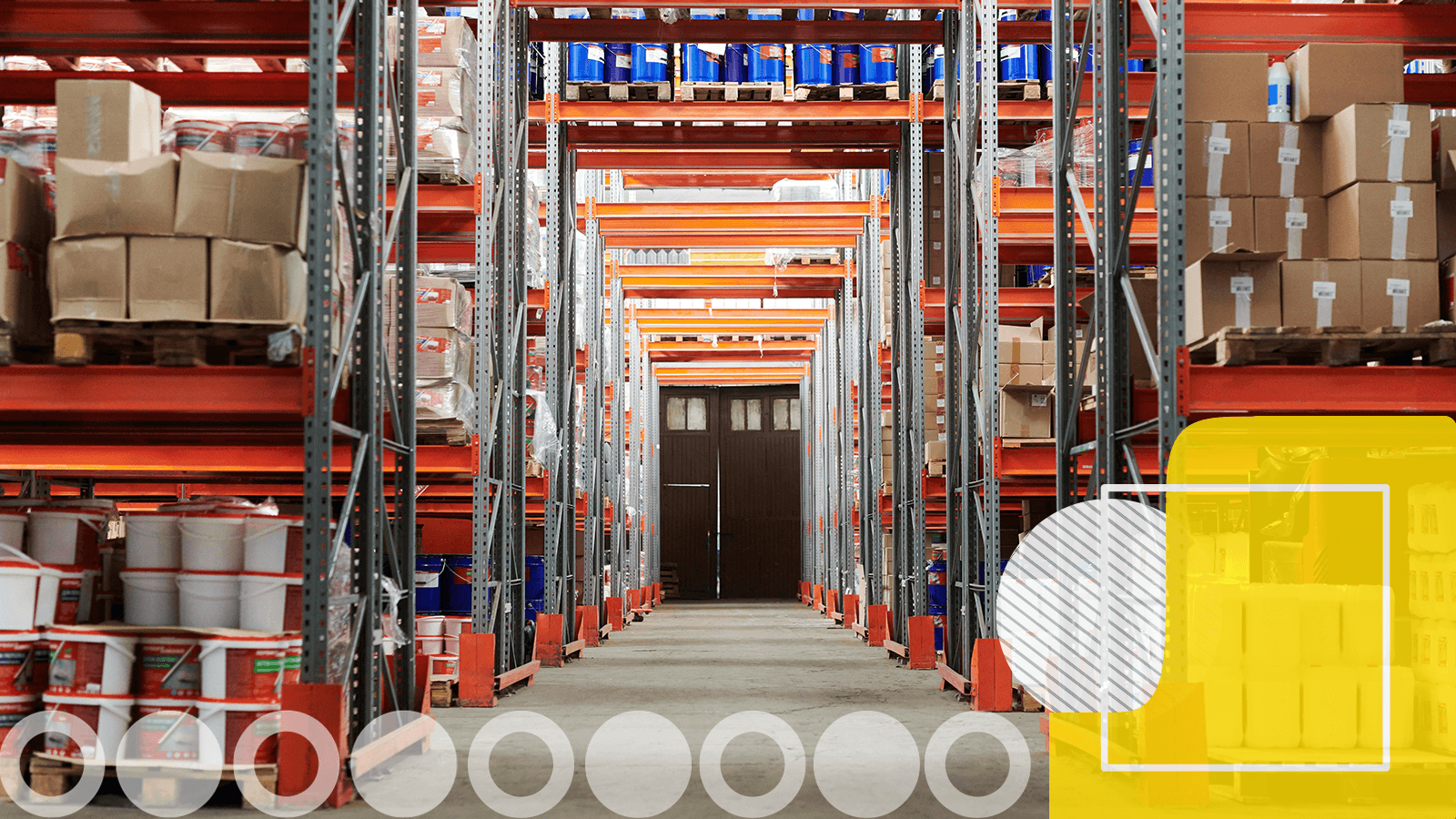Tax-ED Knowledge Kit
Guide to Compliance: Johor-Singapore Special Economic Zone (SEZ)
Malaysia has a list of incentives to fully optimise your business strategies in Singapore.
Here are the simple steps to comply.
Step 1: Register your business with SSM
Registering your business with Suruhanjaya Syarikat Malaysia(SSM) provides legal recognition.
SSM will benefit your business from limited liability protection, which means it keeps your personal assets protected from business debts and liabilities.
*
Foreign-invested enterprises are allowed to hold 100% ownership.
Step 2: Local Government Business License
In Malaysia, other than SSM, a license has to be issued by the local government, in the case of complying for SEZ, that would be the license issued by the Johor Bahru City Council (Majlis Bandaraya Johor Bahru, MBJB)
Step 3: Manufacturing License
The license is issued by the Malaysian Investment Development Authority (MIDA).
Only applicable for foreign-owned companies.
*
Requires more than 75 employees in the company or a capital investment of RM2.5 million or more.
Step 4: Licensed Manufacturing Warehouse (LMW)
In Malaysia, LMW stands for "Licensed Manufacturing Warehouse." It is a special type of facility that allows manufacturers to store raw materials, components, and finished goods without having to pay import duties and taxes on those items. The LMW scheme is part of Malaysia's broader strategy to attract foreign direct investment in the manufacturing sector.
Companies operating in LMW are exempt from paying import duties on goods that are imported for manufacturing purposes.
*
Lowered manufacturing cost for profit optimisation.
*
Streamlined customs reporting and tracking through the LMW system.
*
Straightforward process of hiring foreign workers depending on the export requirement.
Applicants must come from the manufacturing industry.
*
80% of the company's exports are sourced from Malaysia.
*
Factories must adhere to manufacturing and zoning regulations.
*
Requires a Manufacturing License.
If the export ratio surpasses 80% and the share of imported raw materials is substantial, we strongly encourage applying for LMW, as this can effectively reduce import duties.
*
If the business is still in the initial phase and have not yet commenced operations, it is recommended to proceed with the application by first obtaining the manufacturing license.
*
If the majority of sales are for the local market, we do not recommend applying, as it would require managing both exports and local inventory.
Comparison with Companies without LMW
Required to pay import duties and SST before applying for a tax exemption rebate.
Exempted from import duties upfront and do not need to make any prior payments.
Required to apply for import tax rebates, such as CJ5 and duty drawbacks.
Do not have to apply.
Must undergo customs supervision for imports.
Only required to report their import and export data
Regular companies face tax pressures for cost control
Significantly reduce tax burden.
Required to pay import duties and SST before applying for a tax exemption rebate.
Required to apply for import tax rebates, such as CJ5 and duty drawbacks.
Must undergo customs supervision for imports.
Regular companies face tax pressures for cost control
Exempted from import duties upfront and do not need to make any prior payments.
Do not have to apply.
Only required to report their import and export data
Significantly reduce tax burden.
Application Timeline and Cost to Achieve Johor-Singapore SEZ Compliance
1 Week
2 - 3 Months
6 Months
6 - 9 Months
6 - 12 Months
Why Invest in Malaysia?
Strategic Location & Market Access
Located at the heart of ASEAN, Malaysia offers easy access to a consumer base of over 600 million. Despite being a developing nation, Malaysia ranks highly among its peers and boasts a well-connected logistics network, featuring modern seaports, world-class airports, and extensive highways that facilitate efficient market penetration across the Asia-Pacific region.
Infrastructure & Digital Readiness
With ongoing drive towards Industry 4.0 adoption, Malaysia has priority incentivise manufacturers for robotics, IoT, data centers, AI integration, and R&D facilities.
Since the early 1970s, Malaysia has embarked its role to build high-quality industrial parks, technology hubs, and specialized economic zones supported by reliable utilities and telecom infrastructure.
Today, Malaysia has over 100 industrial parks and three notable technology hubs which are MSC Malaysia, Cyberjaya Technology Park and Penang Technology Park.





